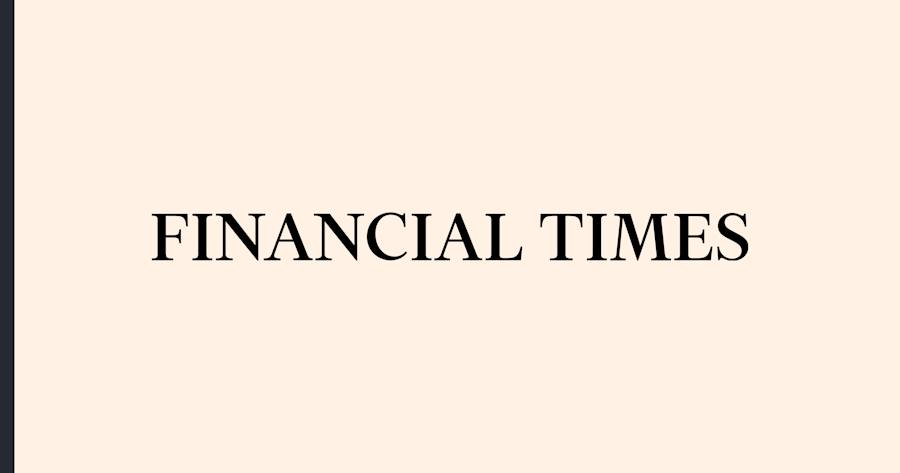Toby Nangle (“Swiss central bank struggles to break its interventionist habit”, Markets Insight, August 13) correctly states that the foreign currency reserve portfolio of the Swiss National Bank, the country’s central bank, has delivered substandard returns. His idea for the creation of
a Swiss sovereign wealth fund is a proposal that should be seriously considered. This would allow for more professional management and relieve the pressure to repatriate foreign exchange assets. The interventionist tactics of the SNB have pushed the organisation into an asset management role, which clearly exceeds its original brief of maintaining monetary and economic stability.
However, Nangle does not do justice to the economic success of the interventionist SNB strategy. The purpose of the huge foreign currency purchases and the Swiss franc floor (later abandoned) was to slow the appreciation of the currency in the wake of the European debt crisis and give Swiss exporters sufficient time to adapt.
This was a justifiable alternative to economic disruption through an uncontrolled currency spike. Negative interest rates did occur, but the metrics point to the overall success of SNB interventionism. Not just the current account balance, but also the Swiss trade balance have remained in surplus. Unemployment rates were enviably low and gross domestic product growth has stayed in positive territory since 2010 (with the exception of the 2020 Covid-related downturn).
Admittedly, retailers were negatively affected as Swiss consumers simply crossed the border to buy everything, from smaller discretionary items to automobiles at significantly lower prices, and tourism also saw declines.
The initial howls of protest from exporters at the appreciating Swiss franc died down, as producers adjusted their cost base and also focused on higher value-added items. In addition, controlled currency appreciation enabled early success in the battle against the global post-Covid inflationary wave. This allowed the SNB to conduct two independent and stimulatory rate cuts of 25 basis points in 2024.
Given comparatively low state debt levels as well as the political and financial stability of Switzerland, further bouts of Swiss franc appreciation are likely as jitters about unmanageable state debt loads worldwide plague investors. On the other hand, the economic recovery in southern Europe suggests that the broader European economy will find a bottom in coming quarters. Hence, the outlook is good for a stabilisation of the key euro/Swiss franc cross rate as confidence returns.
The SNB is correct to continue with selective exchange rate management and economic history points to the ability of Swiss exporters to compete in high value-added niches, if given time for adjustment.
Freddie Hasslauer
Zurich, Switzerland






